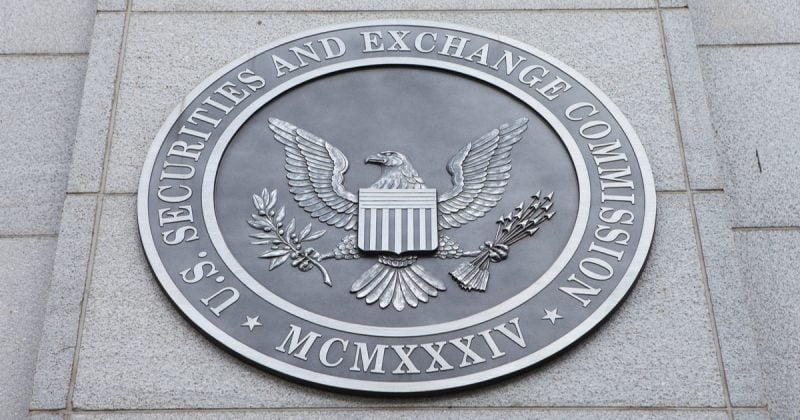
SEC’s New “Accredited Investor” Rules Will Make ICOs More Accessible
The SEC's new "accredited investor" rules will allow more people to invest in early token sales.
The U.S. Securities and Exchange Commission has broadened the definition of “accredited investor,” a change that could allow more investors to participate in cryptocurrency ICOs and other offerings.
Why It Matters
Under U.S. regulations, only accredited investors are allowed to buy cryptocurrency from token sales and ICOs. Meanwhile, the general public can only trade any given cryptocurrency on an exchange after its ICO has concluded. In practice, this means that only wealthy investors have access to early investment opportunities.
The SEC’s new rules mean that individuals can become accredited investors by proving their “knowledge, experience, or certifications.”
However, it does not seem that everyone will be eligible to do so. A document from the SEC states that it “does not expect” that there will be significantly more eligible accredited investors than there are right now. Critics suggest that the new rules will continue to benefit members of the financial industry first and foremost.
Hester Peirce Pushes Further
Hester Peirce, the SEC’s most pro-cryptocurrency commissioner, suggests that the rules should be broadened further. “Why shouldn’t mom and pop retail investors be allowed to invest in private offerings?” Peirce wrote in a statement this week.
Americans shouldn't have to ask the SEC for permission to invest, but today's accredited investor rule at least offers people a path to ask permission based on their education, rather than simply telling them "no, unless you're rich": https://t.co/uP9zo8pVkZ
— Hester Peirce (@HesterPeirce) August 26, 2020
Peirce notes that the SEC has historically limited the definition of accredited investor to wealthy investors in order to protect investors on the grounds that wealth is proof that investors can withstand losses. But in truth, an individual’s net worth “does not demonstrate financial sophistication,” she says.
She also takes issue with the SEC’s approach to evaluating accreditation. Though the public will be able to propose certifications for eligibility, Peirce says she has concerns about the SEC evaluating specific educational programs. This approach would force the SEC into “picking winners and losers among educational institutions”—a “huge burden” and an undesirable result.
It should be noted that the SEC’s new regulations do not only apply to cryptocurrency ICOs; they also apply to all private investments such as IPOs as well. However, the news has special meaning to the cryptocurrency community, which believes that investment should be open to all and that accredited investor status should be done away with. These regulations bring that possibility one step closer.
